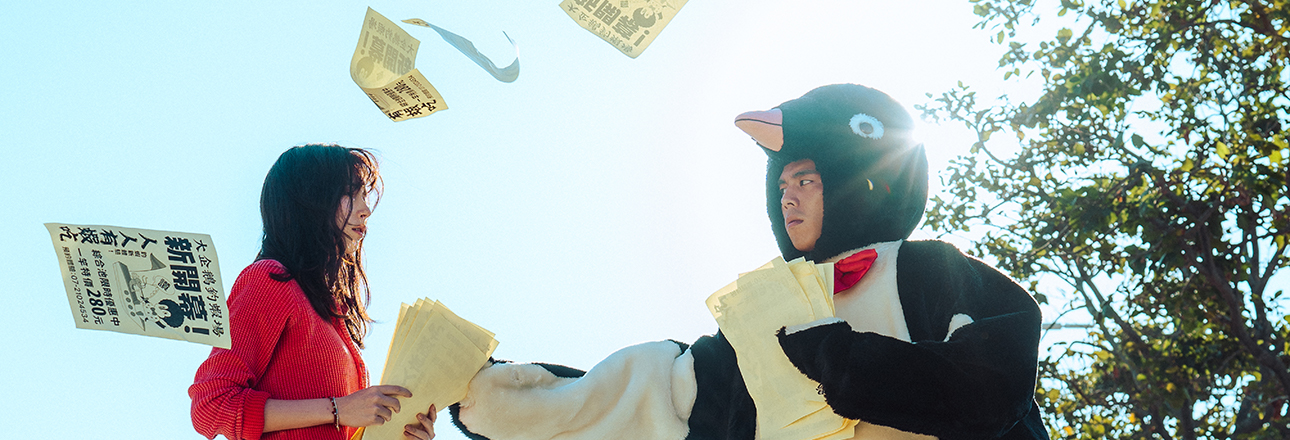News

Film Review: 'Antikalpa'
- Posted on
- 2023-07-07
- Source
- TAIPEI TIMES
Opening with a visually striking scene of a woman (Vicky Tseng) visiting an insidious cult with the hope they will bring her child back to life, Antikalpa’s rapid descent into a cheesy teenage occult drama is probably the most terrifying part of the film.
The rest of the movie follows Ah-dai (Huang Kuan-chih), an awkward high schooler with a magical “cursed arm” who reluctantly trains to take over his father’s Taoist temple. His sole purpose in life seems to be capturing the attention of his classmate Wang Yu-fan (Regina Lei) — whose name he repeats in the film ad nauseam — even willing to steal the temple’s goddess effigy (who’s also his godmother) to help her conduct a forbidden huajie (化劫) ceremony to bring her missing aunt back to life. The caveat is that if the wish is granted, a hefty price will be enacted.
Never mind how a regular teenage girl would know how to conduct such a frightening and complex ceremony, she also seems to have a history of being possessed by evil spirit, seriously wounding Ah-dai in an incident a year earlier that’s never fully explained. Ah-dai was only saved by his powerful Taoist priestess mother (Sara Yu), who ends up mysteriously leaving home due to the event that gave him the “cursed arm.”
The story certainly has a B-movie feel to it, which can still be entertaining — no matter how muddled and cliched — if it were actually scary. But after the ominous first scene, the rest of the film feels more like a gory video game where you pretty much know when the monsters will appear and how to defeat them. At least give us a jump scare or two.
This movie tries to bank on the successful trend of Taiwanese folk culture-based horror, but unfortunately, it explains essentially nothing about the ritual’s origins nor lore. How did an Earth God Temple transform into a “yin” temple (陰廟, which are supposedly without deities) hell bent on sacrificing people to a demon? How does one get a cursed arm?
There’s much potential in the very Taiwanese notion of turning to religion in the face of hopelessness, and it is at those moments when people are most susceptible to making questionable decisions such as joining an evil cult. But the first scene, which sees the woman become grotesquely possessed, essentially delivers the central message: Don’t pray at the wrong temple to the wrong god, and don’t reveal the eight characters of your birth time (生辰八字). The rest of the 90 minutes add little to it.
According to reviews online, the movie has unfortunately strayed significantly from the popular novel of the same name by Ling Jing , dubbed “Queen of the Supernatural,” which is actually a continuous series about Taiwanese taboos featuring the same characters from the same temple. Antikalpa is an adaptation of the fourth book, which means a great deal of backstory is left out and explains a lot of the confusion.
Ling Jing based the novel on the true story of a friend’s sister who disappeared for a while and returned as a completely different person; they later found out that she had mistakenly visited the “wrong temple.” The friend’s sister appears in the film as Yu-fan’s missing aunt, but her tragic fate and how far her husband is willing to go to save her is significantly downplayed as merely the catalysts for the protagonists’ misadventures.
The director gave the married couple a spine-chilling, albeit brief and PG sex scene, but failed to capitalize on their relationship and flesh out their story and integrate it better into the film. It’s a real missed opportunity here, but perhaps the focus on teenagers appeals more to the film’s targeted audience.
According to reviews online, the movie has unfortunately strayed significantly from the popular novel of the same name by Ling Jing , dubbed “Queen of the Supernatural,” which is actually a continuous series about Taiwanese taboos featuring the same characters from the same temple. Antikalpa is an adaptation of the fourth book, which means a great deal of backstory is left out and explains a lot of the confusion.
Ling Jing based the novel on the true story of a friend’s sister who disappeared for a while and returned as a completely different person; they later found out that she had mistakenly visited the “wrong temple.” The friend’s sister appears in the film as Yu-fan’s missing aunt, but her tragic fate and how far her husband is willing to go to save her is significantly downplayed as merely the catalysts for the protagonists’ misadventures.
The director gave the married couple a spine-chilling, albeit brief and PG sex scene, but failed to capitalize on their relationship and flesh out their story and integrate it better into the film. It’s a real missed opportunity here, but perhaps the focus on teenagers appeals more to the film’s targeted audience.
Latest News
-
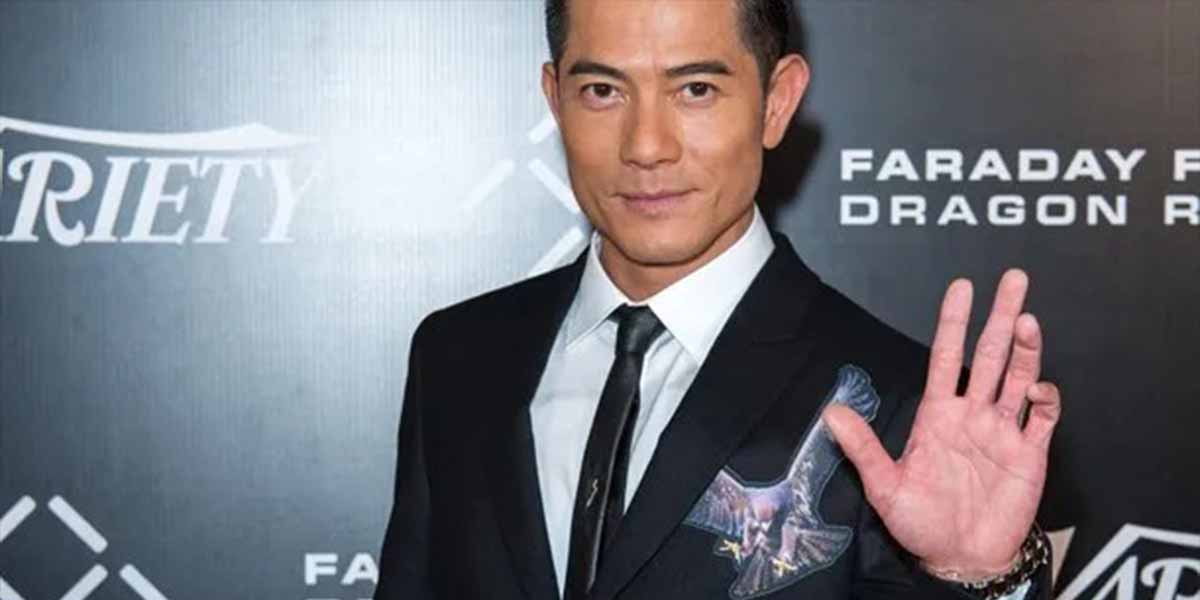
Aaron Kwok Drama ‘IOU’ Unveiled by Distribution Workshop at Hong Kong FilMart
2025-03-17
-

Distribution Workshop Picks Up Financial Scam Drama ‘IOU’ Starring Aaron Kwok
2025-03-17
-
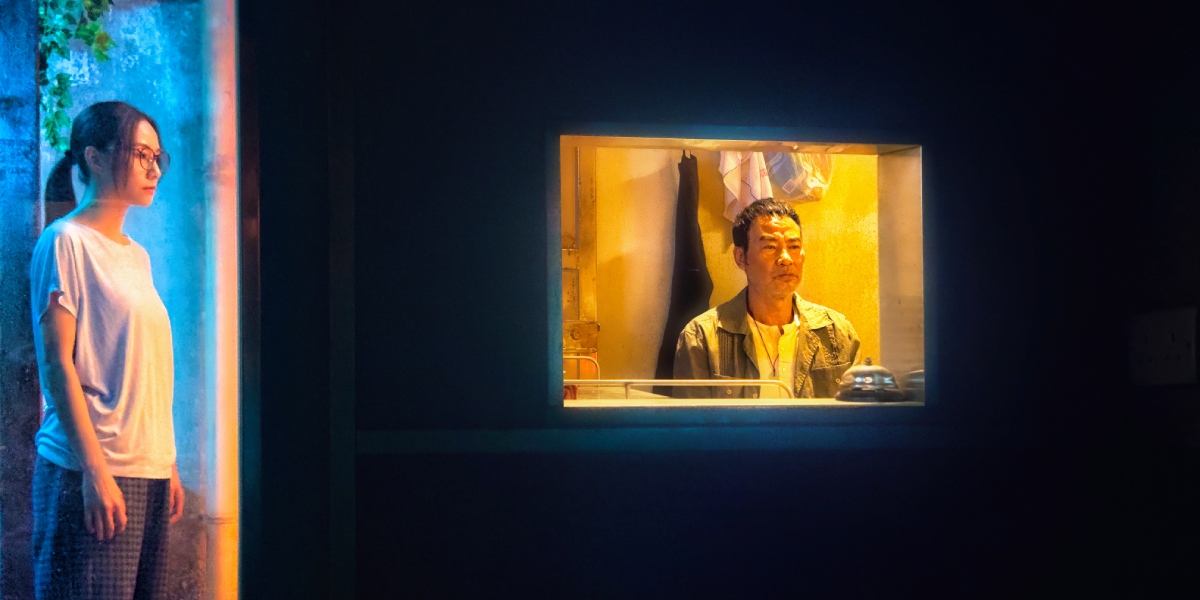
Film Review: Little Red Sweet (2024) by Vincent Chow
2024-11-08
-
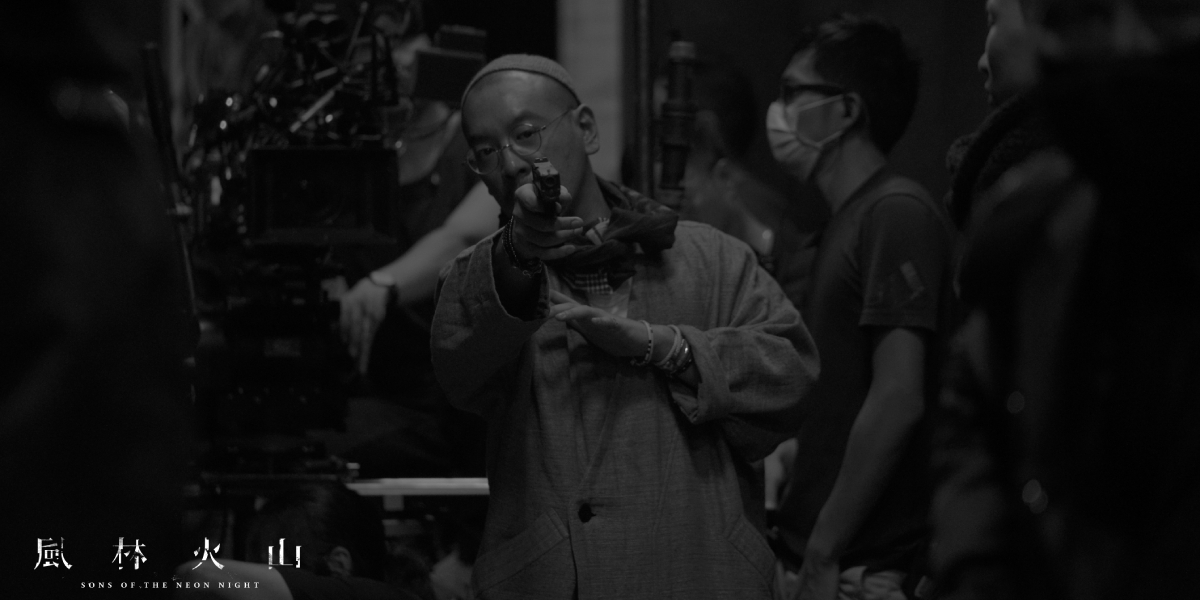
Juno Mak on Taking Ten Years to Direct Hong Kong’s Most Expensive Movie, ‘Sons of the Neon Night’: ‘I’ve Built a World Where it’s Freezing’ (EXCLUSIVE)
2024-10-04
-
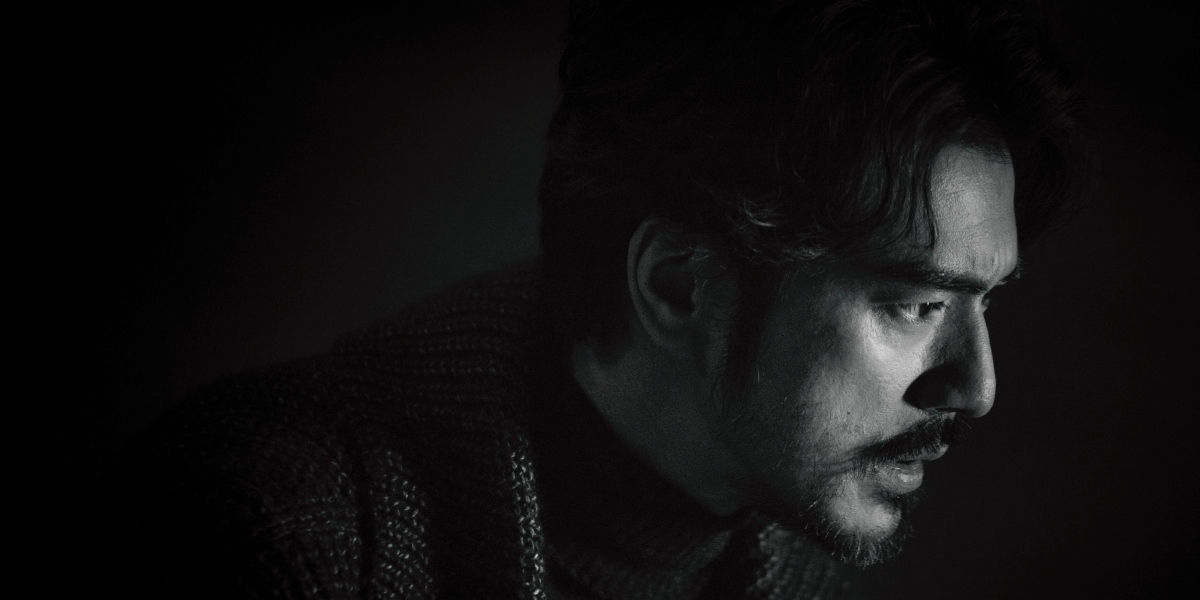
Distribution Workshop To Launch Sales On Juno Mak’s ‘Sons Of The Neon Night’ At ACFM
2024-09-30
-

Kaohsiung Film Festival to feature ’Penguin Girl’ as opener
2024-09-02


